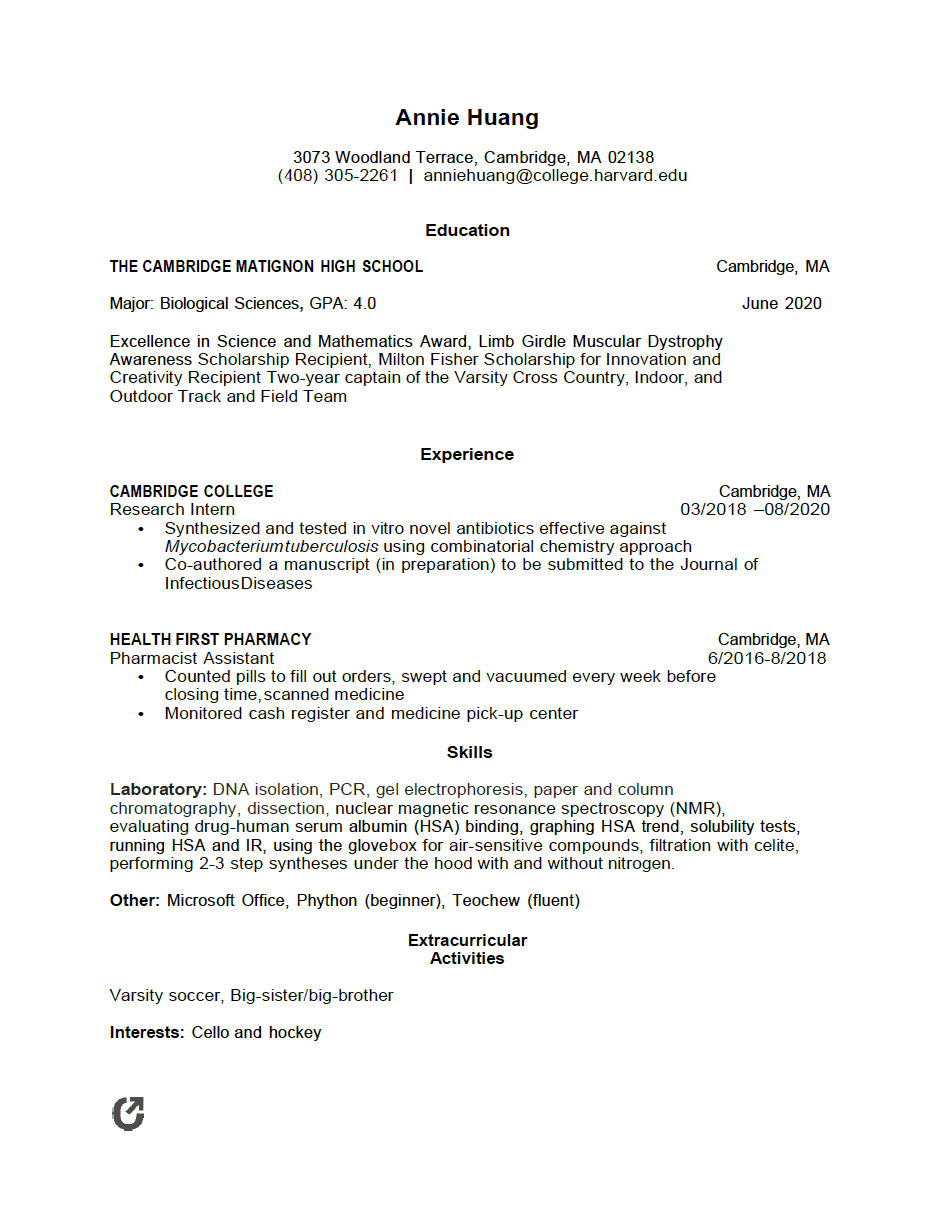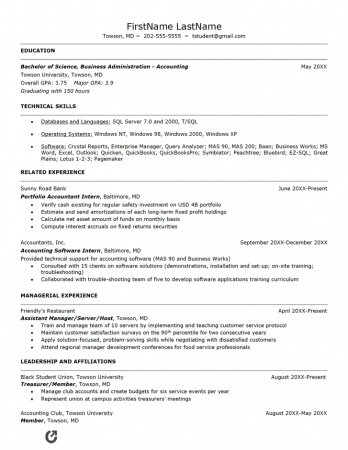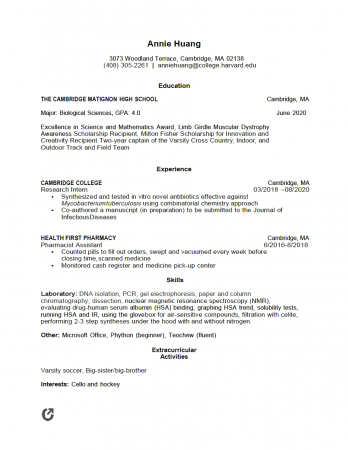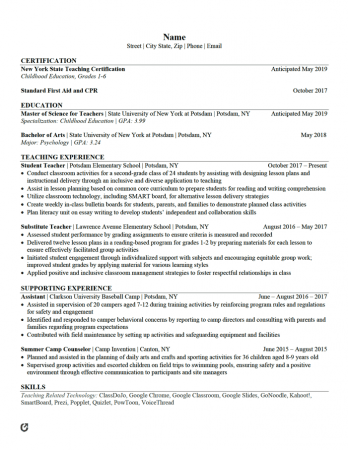Resume Templates
A resume template is used by prospective employees to apply for a role in a company. The fillable form allows the candidate to market their skills to the employer. As a first step in the hiring process, the business or firm reviews the information to learn about the applicant. It helps them decide whether to offer the person a formal interview.
The type of job determines the format of the resume. Each outline has a unique design or structure. Basic templates use one or two colors and a simple font. However, more complex options have bright, bold, or detailed text and images. The applicant should choose a resume that best represents the role. Reading the job description and responsibilities helps to determine the most appropriate choice.
Types (2)
What is a Resume?
A resume is a form that allows applicants to list the reasons a company or business should hire them. On average, a job recruiter spends 7.4 seconds reading a resume. For this reason, prospective employees should keep the outline short, ensuring that they do not go beyond two (2) pages. If the candidate needs to include more information, they should wait until the first interview with the employer. The individual can also use the cover page to write additional details.
Each template has a unique style and/or theme. Nonetheless, the resume should have the following categories:
- Full Name: Middle name and suffixes (Jr., Sr., II, III, etc.).
- Professional Title: Official titles acquired through education (Ph.D., M.A., MBA, M.Sc., etc.).
- Contact Information: Address, phone number, and email.
- Objective or Summary: A powerful statement telling the employer what makes the candidate stand out from the rest and/or what would make them a good fit for the role.
- Education: High school(s) and college(s) attended.
- Job or Leadership Experience: Previous role(s) that make the applicant qualified for the position.
- Qualifications, Training, or Awards: Relevant volunteer work, certifications, or recognitions.
- Skills and Interests: Hobbies, talents, masteries, etc.



